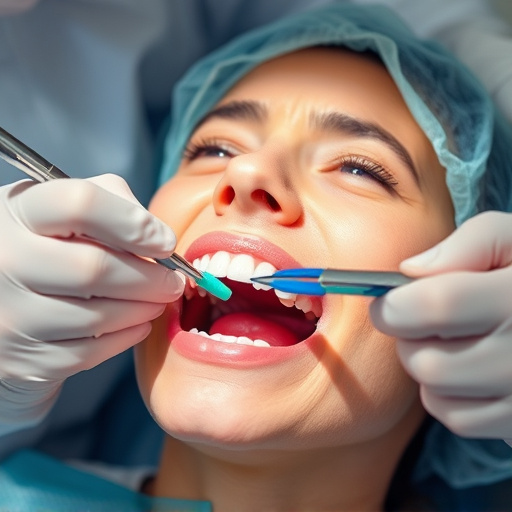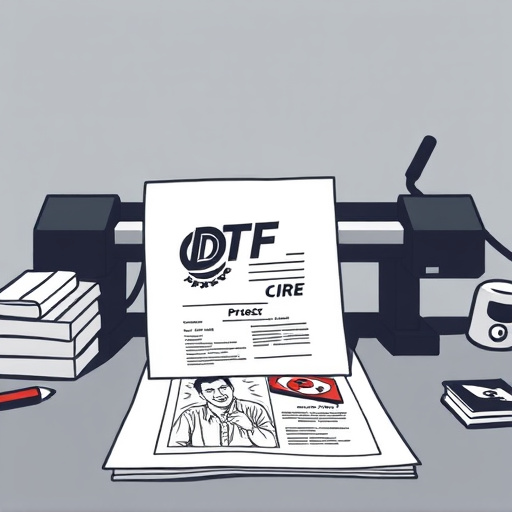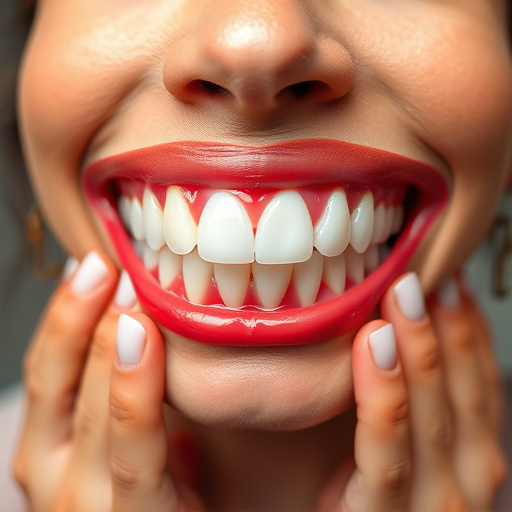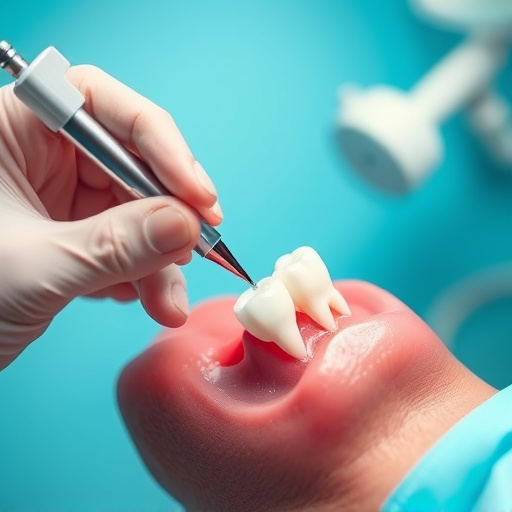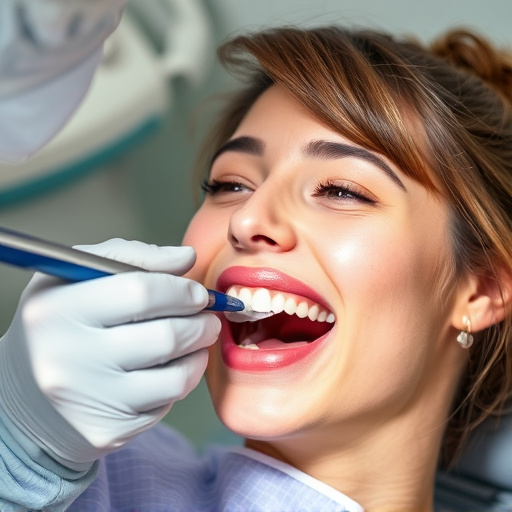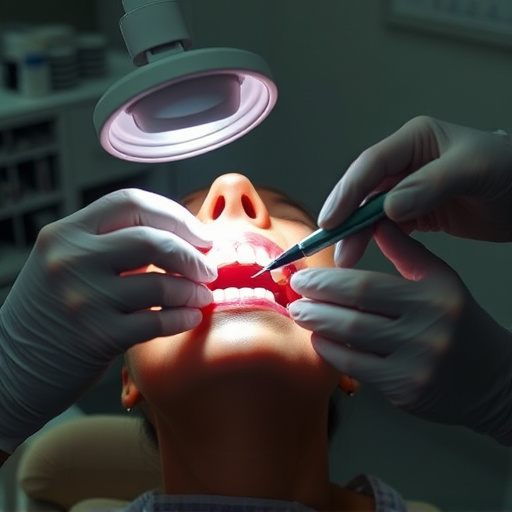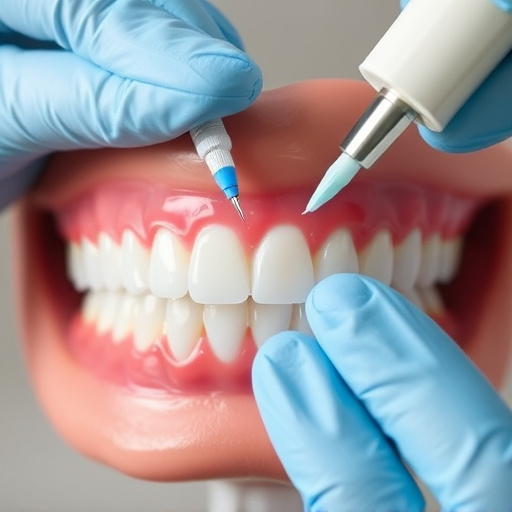TMJ disorder, caused by malocclusion, bruxism, or trauma, requires tailored treatment. Holistic approaches focus on underlying causes, combining occlusal therapy, physical therapy, and dental interventions like fillings and adjustments to improve jaw function and alleviate symptoms, offering comprehensive care for this complex condition.
TMJ disorder (TMD) affects millions, causing jaw pain, headaches, and biting difficulties. Fortunately, holistic approaches to TMJ disorder treatment offer effective, non-invasive solutions. This article delves into understanding TMD’s causes and symptoms, exploring diverse holistic treatment options, and discussing integrative strategies for a multi-pronged attack. Discover natural remedies, behavioral changes, and alternative therapies that can alleviate TMD symptoms and improve overall well-being.
- Understanding TMJ Disorder: Causes and Symptoms
- Non-Surgical Holistic Treatment Options
- Integrative Approaches: A Multi-Pronged Attack
Understanding TMJ Disorder: Causes and Symptoms
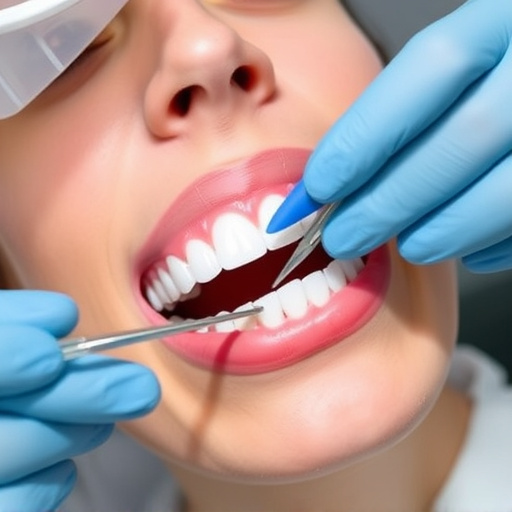
TMJ disorder, or temporomandibular joint disorder, is a complex condition affecting the jaw joint and the muscles responsible for chewing. It’s important to understand that TMJ disorder treatment isn’t one-size-fits-all; causes can vary from dental misalignments to muscle tension, trauma, or arthritis. Symptoms often include facial pain, headaches, difficulty chewing, popping or clicking sounds in the jaw, and even earaches.
The condition may be triggered by various factors, such as poor bite alignment (malocclusion), grinding or clenching teeth (bruxism), or previous traumatic injuries to the head or jaw. Regular oral exams play a crucial role in early detection and can help identify signs of TMJ disorder before it worsens. Even children’s dentistry can contribute to addressing potential issues, while cosmetic fillings may be recommended for repairing minor damage related to the condition.
Non-Surgical Holistic Treatment Options
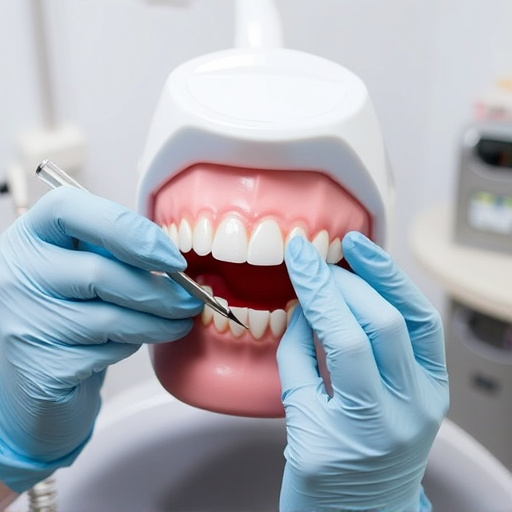
For those seeking alternative solutions to address TMJ disorder (TMD) without surgery, several holistic treatment options offer promising relief. These non-surgical approaches focus on treating the underlying causes rather than merely masking symptoms. One such method is occlusal therapy, which involves adjusting the bite alignment and teeth spacing using custom-made mouthguards or splints. This technique aims to reduce strain on the TMJ joint and associated muscles.
Additionally, holistic practitioners may recommend a multi-faceted approach combining physical therapy, targeted exercises, and manual interventions. Physical therapy exercises can strengthen the jaw muscles and improve joint mobility, while specific massage techniques target tension in the temporalis muscles, which are often involved in TMD. Some holistic dentists even suggest addressing related issues like misalignments or poor bite habits, often seen in children’s dentistry, to prevent further TMJ complications, offering comprehensive care that extends beyond traditional dental implants and family dentistry practices.
Integrative Approaches: A Multi-Pronged Attack
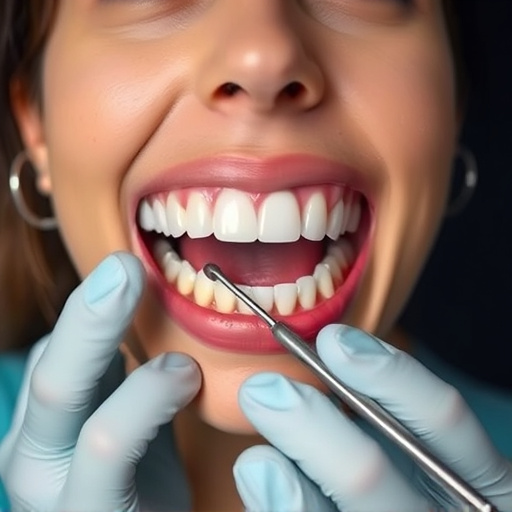
Integrative approaches to TMJ disorder treatment offer a multi-pronged attack on the condition, addressing its complex nature. This holistic method combines various techniques from different fields, including dentistry, chiropractic care, and physical therapy. By taking this comprehensive approach, healthcare professionals aim to alleviate symptoms, improve jaw function, and enhance overall quality of life for patients with TMJ disorder.
These strategies may include dental interventions like dental bonding or dental fillings to correct misalignments and reduce pressure on the temporomandibular joint. Additionally, cosmetic dentistry techniques can play a role in restoring oral aesthetics, further contributing to patient comfort and confidence. Alongside these, chiropractic adjustments and targeted physical therapy exercises help relax muscles, improve joint mobility, and manage pain effectively.
TMJ disorder treatment goes beyond traditional surgical options with holistic approaches that address the root causes. By combining non-surgical, integrative methods, patients can experience significant relief from symptoms and improve their overall quality of life. These comprehensive treatments offer a promising path towards managing TMJ disorder effectively.

